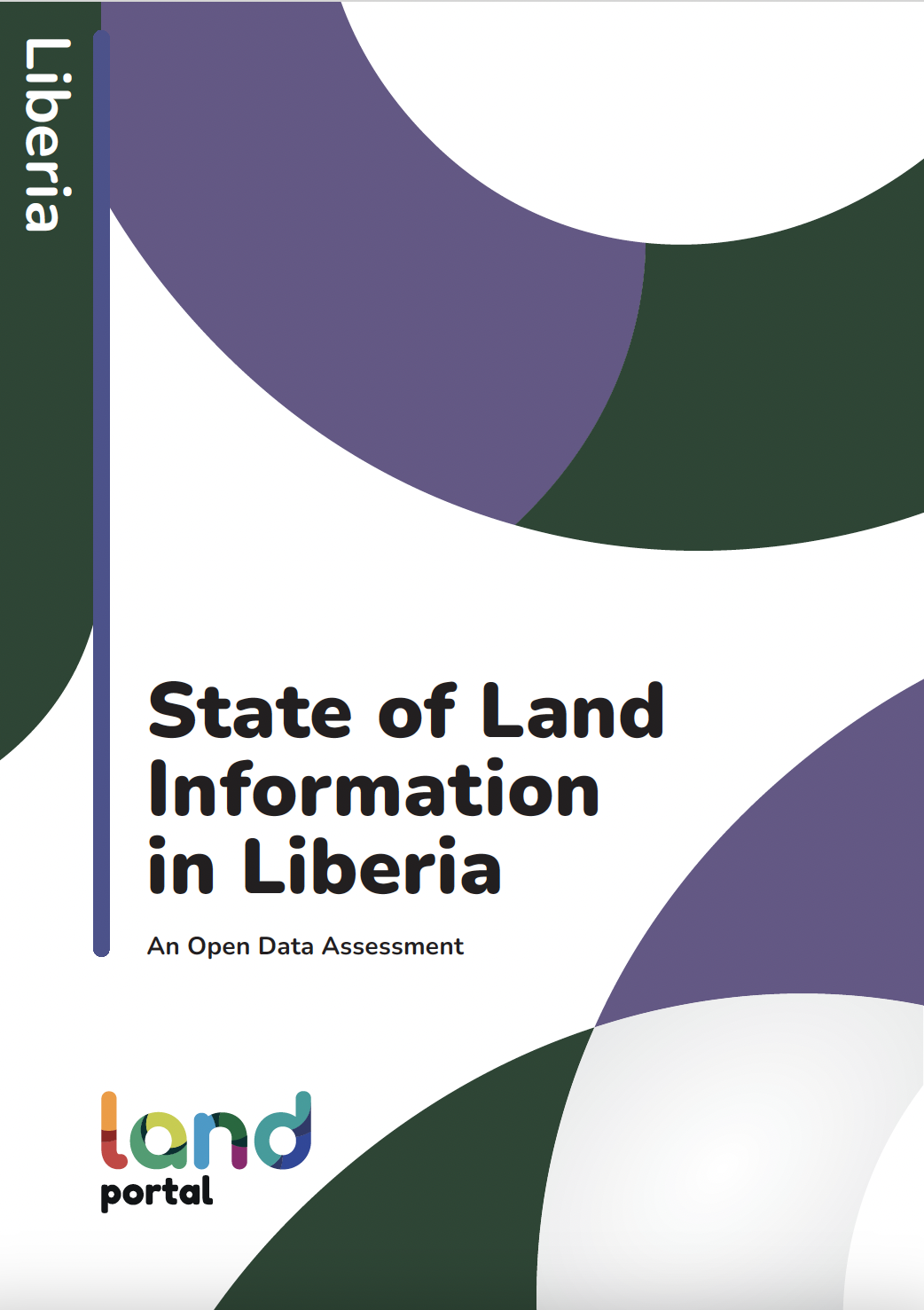Resource information
Land rights are fundamental sources of tension in Liberia, so transparency about land information is both essential and highly politicized. The Truth and Reconciliation Commission and other scholars have documented land conflict as one of the major causes of the 14 year civil conflict (1989-2003) in Liberia, rooted in the country’s formation in the 19th Century as a land divided by indigenous peoples and freed slaves settling from the United States.
The exploitation of Liberia’s natural resources through concession agreements adds an extra layer to these tensions. Current expropriations for mining, logging, and industrial agriculture concessions, plus proposed and formalized protected areas, lay claim to 65% of Liberia’s total land area. At the same time 73% of the land is subject to customary land rights. Unless resolved through progressive approaches to land use, such as community forestry and community-based conservation, this sets the stage for further land conflict.
Liberia’s 1986 constitution provides for access to government information, yet, despite having passed a Freedom of Information Act (FOIA) over a decade ago, public access to government information was generally poor. Assessments conducted by others can be summarized as follows:
In the Global Data Barometer Liberia scored seven out of a hundred in the land module (2021). This compares to a global average of 25/100. Liberia scored zero for the openness of its land tenure data, 12 for its land use data and 15 for its gender and inclusion uses of data.
- The Open Data Watch Liberia inventory (2020) gave a score of 39/100, which ranks the country 13th out of 15 countries assessed in West Africa. The inventories assess coverage and openness of official statistics (including two indicators on agricultural land use and the built environment) that may be found on websites such as the Liberia Institute of Statistics and Geo-information Services (LISGIS, see Land Development Data below) or other websites linked to it.
- LANDex, the global land governance index supported by the International Land Coalition and “based on common people-centered indicators” produced a baseline county assessment for Liberia in 2022. This gives Liberia an overall score of 56.7/100, similar to Senegal, but is only based on six out of a possible 33 indicators (from 2018). Surprisingly, it states “the commitment on secure territorial rights for indigenous people was found not to be relevant in the Liberian context”.
There is evidence that data collection and management systems are improving, and digitized, spatial information does exist within some government agencies. The FOIA includes the obligation on public bodies to proactively disseminate information, and some have sought to do this: there is a comprehensive mining cadaster, and the forest authority has in the past had downloadable spatial data and volumes of documents relating to each permit (since removed). Conversely, the Liberia Land Authority (LLA) offers very little information, despite high ambitions, and all authorities are subject to financial and political pressure from the central government.

